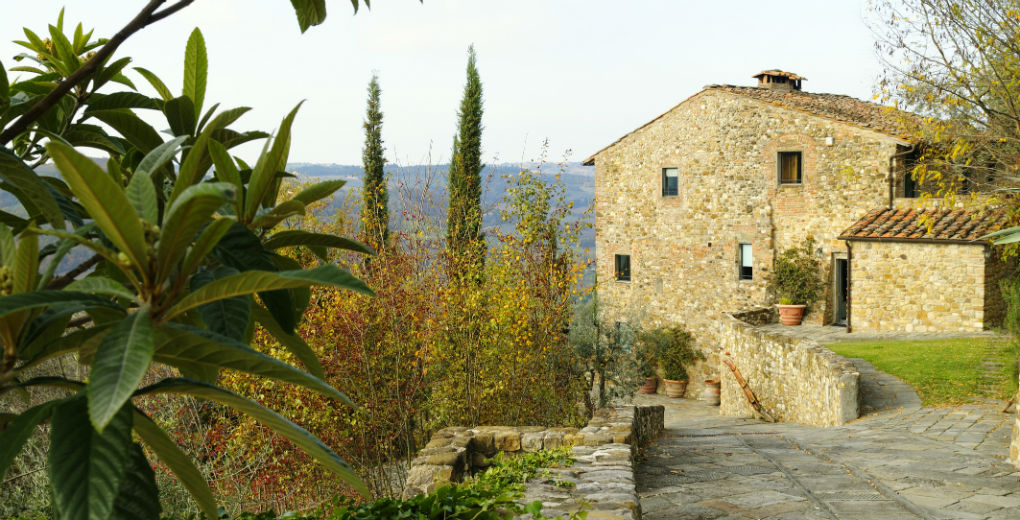
Top tips for protecting your home and garden this summer
Top tips for protecting your home and garden this spring/summer
It’s the time of the year when the sun is shining and many of us are getting on with our
summer wish list. Whether you want to begin your new DIY and gardening project or
take that long-awaited break away from home, we’ve put together some tips to help
keep your property safe.
1 Making home improvements
Your insurer doesn’t need to know if you’re making cosmetic changes like painting or re-tiling. However, if you’re making any changes in the structure of the house like extending a room or doing a loft conversion, you should notify them to check that the work you’re doing won’t invalidate your policy, and that you have sufficient cover in place. You should also check your contents insurance as you might want to take out extra accidental damage cover to protect your belongings against any potential renovation mishaps!
2 Securing your home when on a holiday
According to our research,* nearly 40% of holidaymakers don’t check their doors and windows are locked before they leave for their trip. And only 48% of people make sure their valuables aren’t visible through the window. Mistakes like these can make your house an easier target for burglars. Before you set off on your summer break check you’re all locked up, set your alarm if you have one, and keep your valuables out of sight. Installing smart lights that run on a timer can help to make it appear that someone’s home, and if you’re going away on a long holiday, you could get family, a neighbour or house sitter to keep an eye on your home. To protect against fire when you’re away, turn off all appliances, but make sure you have your fire and security alarms activated. Finally, although it can be tempting to post on your social media from your sunbed on the beach, advertising that you’re away and the house is empty isn’t a great idea.
*Data relates to a survey of 2,001 UK adults, carried out by Censuswide on behalf of Aviva in June 2022.
3 Protecting your garden and outbuildings
Your shed or outbuilding is just as prone to burglary as your house, with commonly stolen items including garden tools and equipment, bikes, sports equipment and power tools**. To help protect possessions in sheds and outbuildings, make sure to lock them – including when you’re at home – and replace any rusty padlocks and exposed screws on hinges. You could also consider installing motion-activated security lights or a batteryoperated shed alarm as additional deterrents. You should also check your home contents insurance covers moveable items like garden furniture and barbeques. How does it require them to be stored? What’s the sum insured and single item limits.
4 Maintaining your garden
Hot and dry weather in recent summers has potentially increased the risk of subsidence, particularly when gardens have trees like the poplar, willow, elm, and oak – due to their long root structures. If you plan on planting trees this summer, choose the variety wisely and consider lower water-demand trees like birch, elder, hazel and magnolia. Avoid planting them close to your home or any outbuildings like garages. Also, while an individual hedge plant might seem harmless, when grouped together, they can have a greater impact, so think carefully when you’re planting as suitable spacing will depend on the type of subsoil and variety of tree. Maintaining trees by pollarding or thinning can help reduce the amount of water they require. Check your gutters, drains and drainpipes too. Water leaks can soften the soil and could even wash it away – amplifying the process of subsidence especially in areas with sandy, gritty soils.
5 Securing your house from potential fire hazards
In the year ending June 2023, the Fire and Rescue Services (FRS) reported more than 26,000 dwelling fire incidents in England. A fire incident is not just a big insurance claim, but it is a huge personal and emotional loss, and in severe cases, a loss of life. To help avoid any fire mishaps, make sure there are smoke alarms installed in every room, particularly in the kitchen. Test your fire alarms every month and make sure they are interlinked. When enjoying the lighter evenings with a bonfire or BBQ, make sure these are positioned far away from anything that could catch fire; such as fences, sheds, and hedges. Even seating and conservatories can be flammable. Keep a bucket of water or sand on stand-by. Hopefully a precaution that you won’t need to use, but it’s much better to be prepared so you can respond quickly if a fire does get out of hand. And once the fire has died down, remember that ashes can remain hot for several hours, so don’t leave them unattended, and dispose of the waste safely once they’re fully cooled.